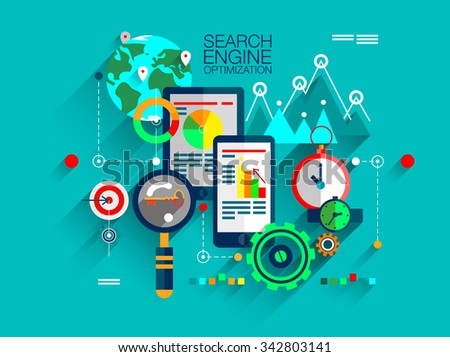How big data is making sports more intelligent
From trainers and athletes to businesses, big data analytics can make a difference in improving efficiency, accuracy and profitability in sportsAdvanced technologies have influenced every aspect of our lives, and sport is no exception to this.
More than 11,000 athletes from 207 national olympic committees participated in the world's most popular sports competition -the Olympics -held in Rio this year.
To win the maximum number of medals, a range of strategies were being implemented by participating countries by analysing historical data available and forward looking performance predictions.
From trainers and athletes to businesses, big data analytics can make a difference in improving efficiency, accuracy and profitability in sports.
Advances in the capture, storage and analysis of data are revolutionising every aspect of the game and is poised for a major breakthrough in sports.
Data patterns allow teams to perform better and alter their in-game decision-making based on what they are seeing. Here are a few ways how big data is making sports more intelligent:
Recommend winning strategy
Coaches and players are leveraging big data analytics to better understand the performance of their team vs opponent.
They use advanced devices like Google glass, GPS trackers, RFIDs and sensors to track every aspect of the live game, including player movement, distances and speeds, delivering data to the intelligent analytical system in fractions of a second.
Analytical engines then process the data using algorithms and can recommend the strategy to win the game.
Wearable gadgets & sensors
Wearable technologies play a significant role in all olympic sports. In order to keep players at the peak of physical fitness, teams are analysing data received from sophisticated sensors and wearable gadgets.
Data received from devices like heart rate monitors, accelerometer, etc can influence athlete tactics positioning in real time and potentially prevent injuries.
Provides real-time data to sports channel
It plays a significant role for sports production companies and provides commentators with relevant, real-time data, replays, game data facts that help spectators engage with the event, in this case the Rio Olympics.
The goal is to leverage data from live games for the future. There is no doubt data and analytics have had an outsized impact on sports and since its introduction to the olympic games, we have seen increasing medal counts for smaller countries and a closing of gap between competing nations and continents.
The Rio Olympics will undoubtedly raise the bar in terms of how NOCs use data to decide their competitive strategies, thereby maximising ROI.
Courtesy Absolute Data Analytics



0 comments:
Post a Comment